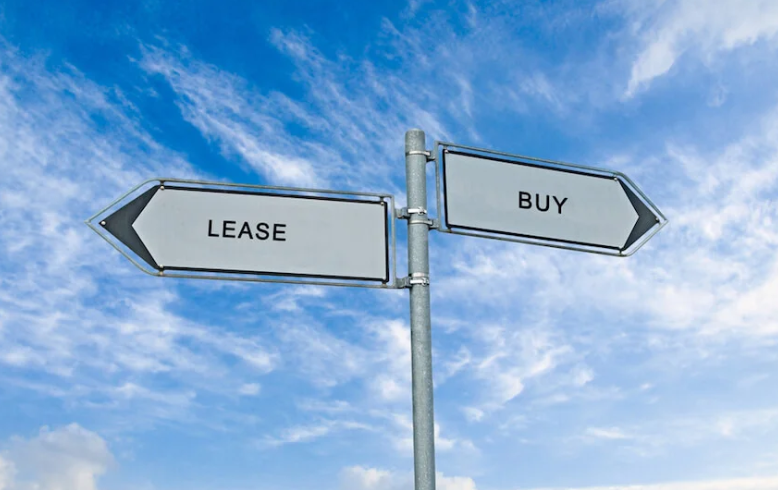A leased line offers businesses a dedicated internet connection that’s not shared with other users, offering consistent speeds and reliability. This ensures that business operations can run without interruption – even during busiest times.
Whether you’re transferring large data files, hosting servers, using cloud-based systems or communicating via video conferencing, a leased line will ensure you get the highest speed possible.
Cost
A lot of factors influence leased line costs. The size of the bearer and your location (leased lines are much cheaper per month in major cities) will have a big impact, as will your contract length.
Installation can also be an additional cost, especially if you’re located a long distance from a fibre point. However, these costs can be rolled over the term of your contract, which helps keep your cashflow stable. You should also consider your data needs when assessing how much bandwidth you’ll need as this will have a big impact on price. The more data you need to upload and download, the higher your business connectivity requirements will be.
Speed
A leased line guarantees a fixed bandwidth and is dedicated to your business. This allows for symmetrical upload and download speeds and the ability to scale as your company grows. This is especially important for businesses relying on cloud-based systems and solutions, like VOIP telephony.
A typical leased line bearer size is 100Mb on 1Gb, although it does change every year as technology evolves. We are starting to see a move towards 10Gb leased lines as they continue to increase in popularity due to the increased data demands of modern working environments.
This speed is much faster than conventional broadband, which uses existing telephone lines to provide connectivity. This can be slow at peak times as you compete for bandwidth with the bloke down the street downloading Michael Bay movies in HD. A leased line also reduces latency which can negatively impact productivity, especially when using applications such as VOIP and video calling. This is why a leased line connection is favoured by businesses requiring high internet speed.
Reliability
A leased line gives you consistent internet performance, offering SLA backed reliability. Unlike standard business broadband which is affected by line contention, traffic management, go-slows, and even weather conditions, a leased line offers an uncontended, fibre connection that guarantees you the speed and uptime that your business demands.
In addition to a dedicated and reliable connection, a leased line also offers symmetric speeds (upload & download). This is ideal for businesses using cloud-based systems or telephony services such as VoIP & Video calling which require high upload speeds.
A leased line can be cheaper than full gigabit fibre connections for businesses who do not have access to their local fibre cabinet, and a great way of offsetting the cost of replacing an ISDN telephone system when BT switch it off in 2025. However, it’s important to ensure that your chosen managed service provider is providing you with the right connectivity for your business requirements and that they offer support during the contract duration.
Security
Having a stable and secure internet connection is vital for businesses. A leased line offers a range of security measures including authentication, encryption and data integrity checks. These features make it harder to hack and manipulate your business data. This can also help improve security in a remote working environment.
Leased lines are delivered via fibre cables and offer dedicated bandwidth. This guarantees superior internet connectivity speeds and reliability compared to other options. They can also be boosted with static IP addresses and firewalls. This can provide a more secure network and make it easier to manage and monitor.
If your business relies on the internet for collaboration and communication and could not function without an uninterrupted service then a leased line is definitely worth investing in. However, each business is unique and should consider whether a leased line is right for them. You should also consider the long-term plans for your business, and how a leased line can support those.
